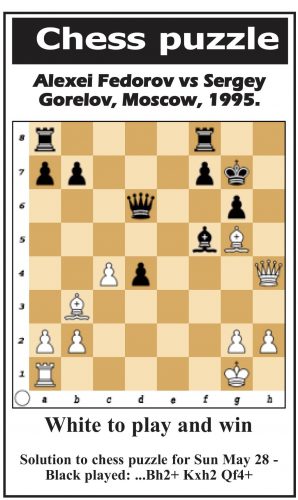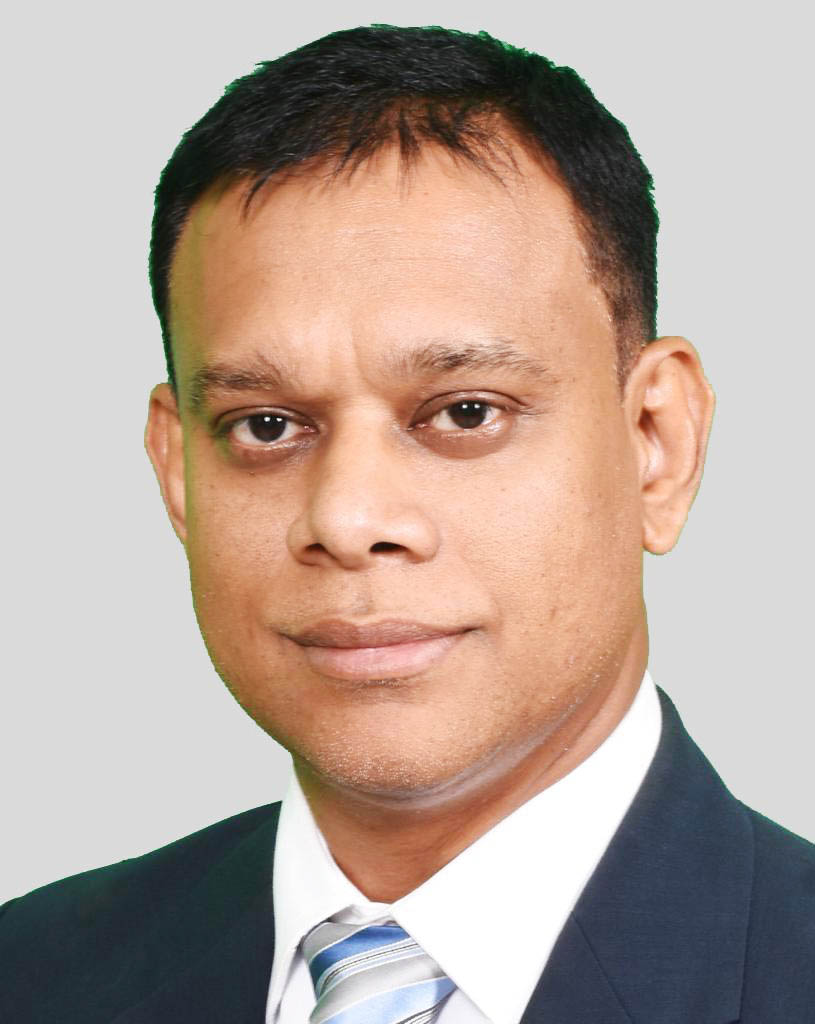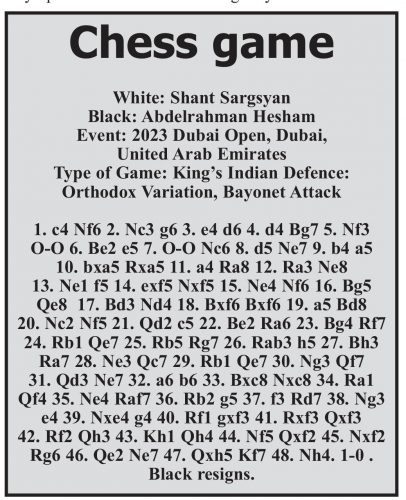 Some 200 years ago, chess became a matter of personal challenge and international competition. But long before then, men travelled by ship from one country to another to compete. In some cases they travelled from separate continents, naturally by ships in the absence of aeroplanes. Competition was the key, whether it was a tournament or a match.
Some 200 years ago, chess became a matter of personal challenge and international competition. But long before then, men travelled by ship from one country to another to compete. In some cases they travelled from separate continents, naturally by ships in the absence of aeroplanes. Competition was the key, whether it was a tournament or a match.
Cuba’s Capablanca travelled by ship to compete in the great St Petersburg Chess Society tournament of 1914. Nicholas 11, Czar of Russia, was host to the tournament and subscribed 1000 rubles to the prize fund.
The German world champion Emanuel Lasker was there. Akiba Rubinstein was there; the end-game artist from the Polish ghetto who had won five successive tournaments and who many thought was the strongest player alive. The world’s most important players were there: Marshall, Bernstein, Alekhine and Tarrash.
 Lasker won, coming in a half point ahead of Capablanca. Alekhine was third, followed by Tarrasch and Marshall. At the banquet concluding the tournament, the Czar named Lasker, Capablanca, Alekhine, Tarrasch and Marshall, grandmasters of chess. Those five players were the original grandmasters of history.
Lasker won, coming in a half point ahead of Capablanca. Alekhine was third, followed by Tarrasch and Marshall. At the banquet concluding the tournament, the Czar named Lasker, Capablanca, Alekhine, Tarrasch and Marshall, grandmasters of chess. Those five players were the original grandmasters of history.
Chess players are nourished by competitions. It is only through competitions that we are able to accumulate knowledge about the game and appear sharp. Through competitions we discover the specific laws of logic which govern chess.
Chess has intrigued many a great mind. Leading chess players have brilliant minds. Regret-tably, we do not have any leading chess player (grandmaster) in Guyana. But classical competitions, locally and internationally, can mould such minds.
During the second World War, the British employed two eminent chess masters in a team that broke or faulted the German Enigma code machine, which in essence turned the tide of the war in the British favour.
I had the honour and privilege of conversing with world champion Anatoly Karpov on chess matters and beyond, and it remains, certainly, one of the most intelligent conversations I have had. A mind can be developed through chess, by studying the logic of the game. And minds can only be developed through competitions.
Men travelled by ships to play tournament chess. Nowadays, we have chess at our doorsteps and we are not playing. Why? Yet our desire is to choose a team to represent Guyana at the most important 2024 Chess Olympiad. The world is watching Guyana.









